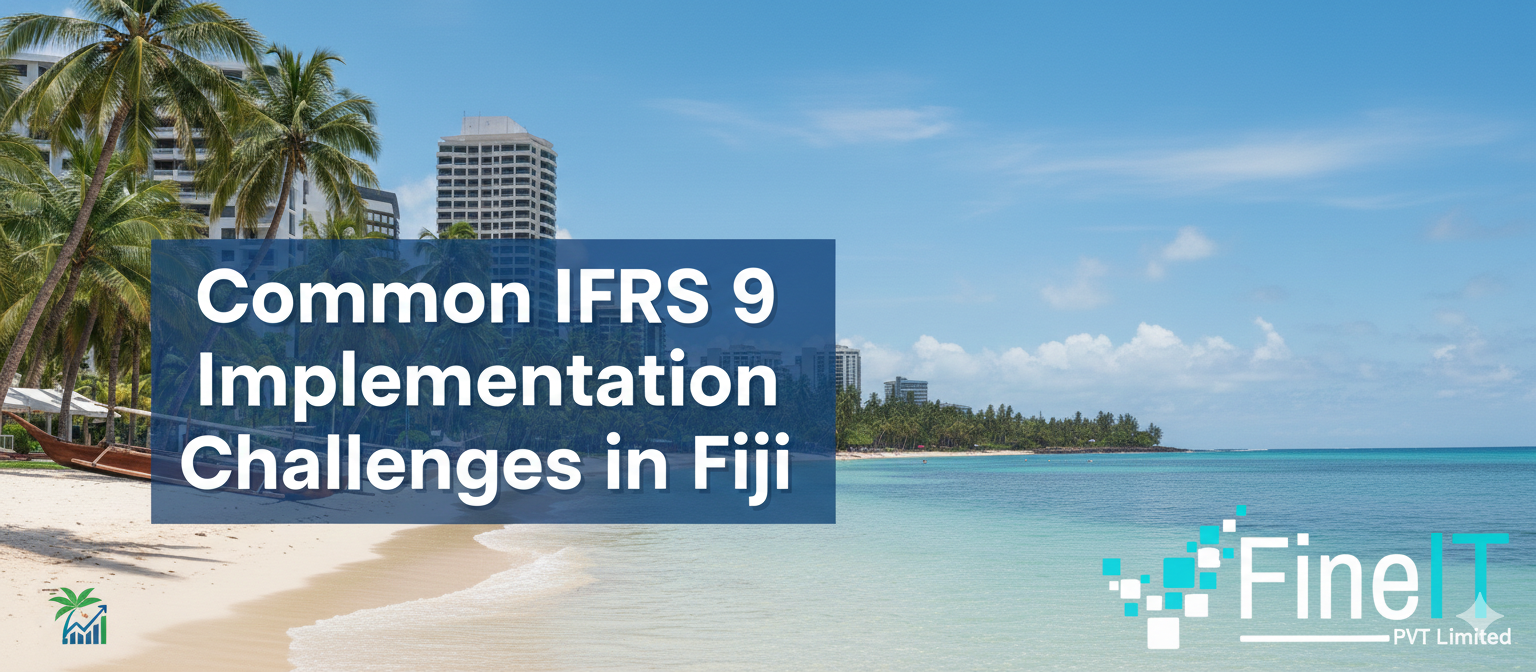Data Requirements for IFRS 9 in Fiji
IFRS 9 Financial Instruments is the internationally recognized accounting standard that governs how financial instruments are classified, measured, and impaired. It replaced the earlier IAS 39 standard and came into force on 1 January 2018, introducing a forward‑looking Expected Credit Loss (ECL) model for impairment. This shift fundamentally changed how banks and financial institutions account for credit risk and […]









